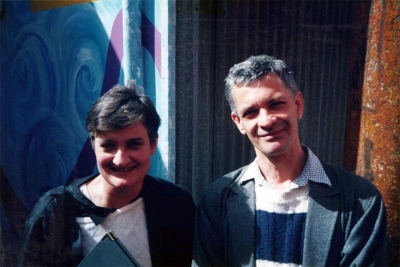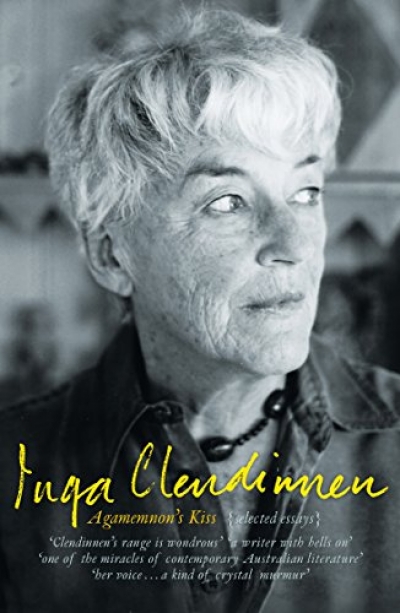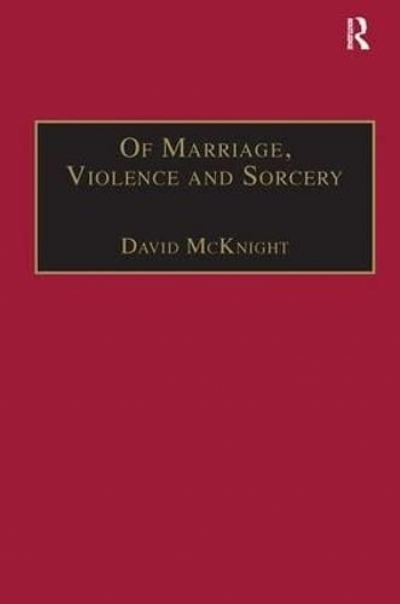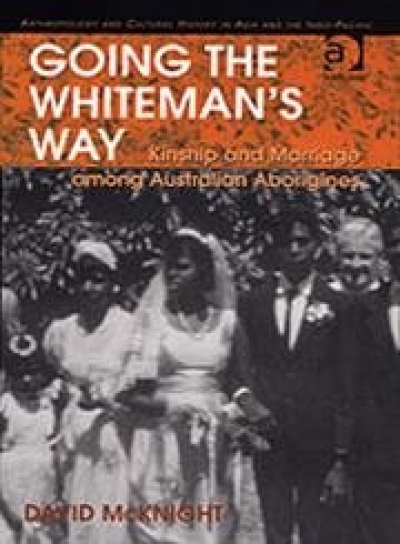Inga Clendinnen
An occasion like this teaches us that we each have our own Helen Daniel. I met my Helen nearly ten years ago, appropriately through writing. I had written a book on the Aztecs of Mexico. It was primarily an academic book, but because it was published by a university press with a branch here, and because Aztecs are Aztecs, it was widely reviewed in this country. The material was esoteric and its interpretation involved some complicated talk about theoretical issues in anthropology and history, so I was relieved when the local reviews were kind. Nevertheless, I read them with mixed feelings: how was it possible for people to understand the same printed pages so variously?
... (read more)Inga Clendinnen, who died in Melbourne on 8 September 2016, was an historian whose primary research interest was the exploration of the social conditions of extreme violence in different periods and societies. She was born Inga Vivienne Jewell, the youngest of four children, in Geelong in 1934. Her father had a cabinet and furniture workshop, the income of which he ...
News from the Editor's Desk in the October issue of Australian Book Review.
... (read more)Agamemnon’s Kiss by Inga Clendinnen & Quarterly Essay 23 by Inga Clendinnen
Of Marriage, Violence and Sorcery: The quest for power in Northern Queensland by David McKnight
Going The Whiteman’s Way: Kinship And Marriage Among Australian Aborigines by David McKnight
When I was at school, I was infected by the idea that writing was a genteel art. Set to read The Prince for its political insights, I was captivated by a single image: Machiavelli coming in from the fields of an evening, washing the sweat from his body, slipping on his silken robe, seating himself at his desk – and writing. That picture leapt straight from the page into what passes for my soul. I knew that was where I wanted to fetch up: at that desk, in my silken robe, writing. The glorious lucidity of Machiavelli’s prose also confirmed my suspicion that books were magical extrusions into the muddy mundane from a calm, blessed place where people could think important thoughts even talk about them, without being told to please, please shut up and feed the cat.
... (read more)





